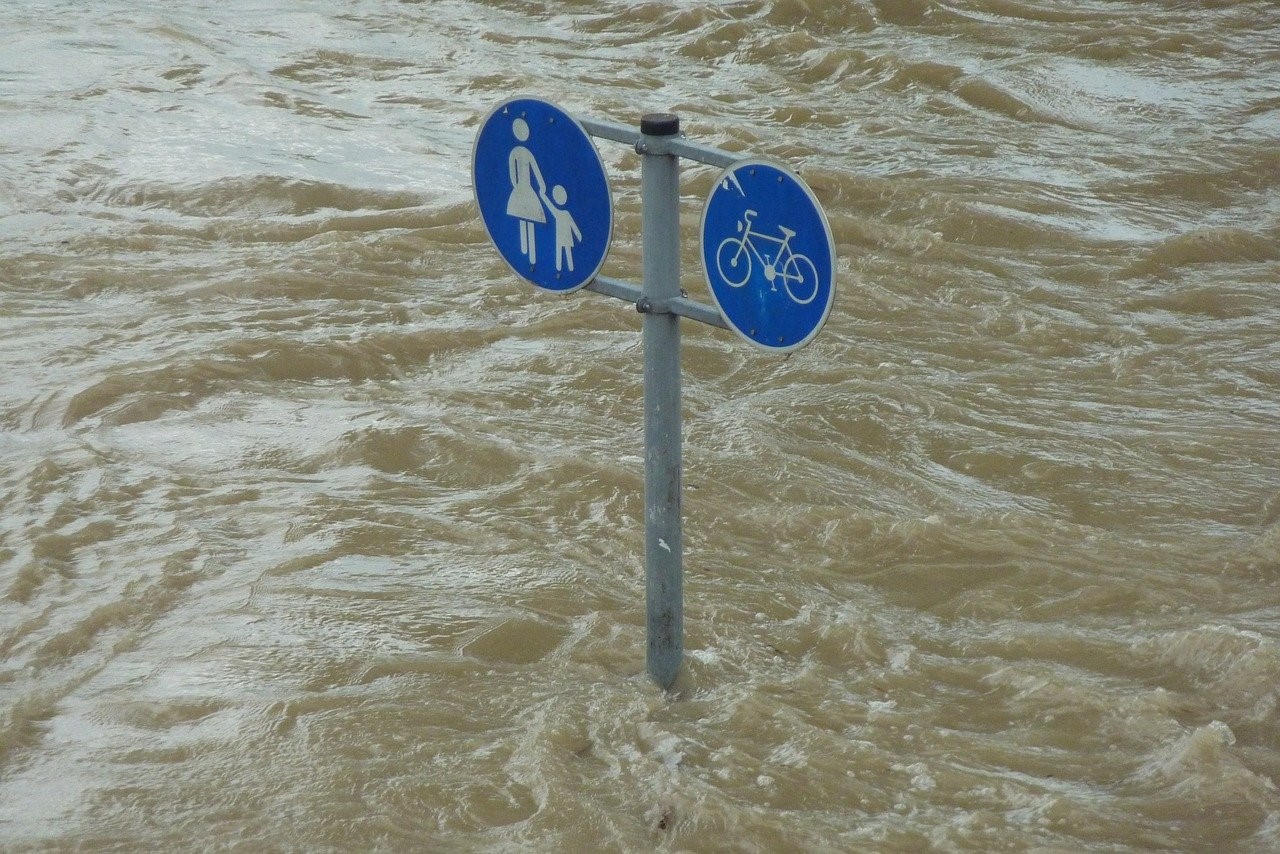
Fergus McClean
In a special interview Fergus McClean from Newcastle University shares his experience of using DAFNI:
Why are you using DAFNI?
We are using DAFNI to develop an accessible and adaptable system for assessing climate change impacts in the UK. I am responsible primarily for the surface water flood modelling aspect of this, which involves running hydrodynamic simulations, driven using climate change projections. My work requires the use of large national datasets such as Ordnance Survey MasterMap and UKCP18. We are working with DAFNI to find a way to make it possible to use these large datasets on the platform. In addition, as part of our analysis, we need to be able to run simulations using many combinations of input parameters to look, for example, at multiple future climate scenarios. New functionality will be required on DAFNI to enable us to do this, but we are optimistic that it is achievable.
Why is this important to DAFNI?
The framework being developed by OpenCLIM has long-term applicability and usefulness to decision-makers as climate change becomes an increasingly urgent and persistent issue. This has the potential to bring many new users to the platform and accelerate its growth. Future projects will be based on the output of OpenCLIM and will therefore further depend on DAFNI. This will ensure that the platform remains supported in the long term.
Why is this important to DAFNI users?
The framework being developed by OpenCLIM is intended to be used by stakeholders, such as the UK Climate Change Committee (CCC), and future researchers. It is important to them as it will allow them to easily modify input parameters without needing to fully understand how the software works. This might be necessary if new data becomes available or an issue with the methodology is identified. The workflows also ensure transparency of methods, especially as we aim to publish as much of the source code as we can. This will enable future researchers to easily build on the work.
How does what you’re doing compare to industry standard?
Industry standard hydrodynamic modelling software often requires expensive licences and takes experienced staff many hours to set up. Our system does not require licences and allows simulations to be executed quickly, without any significant prior knowledge.
How do you think DAFNI can transform your work?
The main advantage of DAFNI is the ability to combine multiple different models in a chain, with the outputs of one being used as inputs to the next. This is crucial for considering climate impacts as many different aspects of the environment are affected by climate change and each other. For example, increased precipitation extremes may lead to larger floods which can impact agriculture. DAFNI will also allow us to ensure reproducibility of results, which is important and often overlooked.
What are your future aims with DAFNI?
The project aim is to build a range of extensible workflows to cover the primary components of a climate change risk assessment. In terms of the flood risk workflow, we aim to incorporate UDM (Urban Development Model), SHETRAN (a hydrological model) and CityCAT (a hydrodynamic model) to produce coherent estimates of future impacts. In addition, we aim to build a visualisation platform for OpenCLIM on DAFNI, which can read and display model results in a way that stakeholders can make use of them.
What would you say to encourage other researchers to bring their work onto the DAFNI platform?
DAFNI combines high performance computing with an accessible user interface to allow anyone to run complex and computationally demanding simulations with minimal effort. However, if your work involves running many simulations, using different parameters, DAFNI may not provide a good solution yet. If you are unsure, I would give it a try. Any time spent containerising your model is a good investment as it will then be able to run not just on DAFNI, but on any machine with docker engine installed.
About Fergus
Fergus McClean is a research associate at Newcastle University working on surface water flood modelling as part of a UK Climate Resilience Programme funded project called Open Climate Impact Framework (OpenCLIM). He also works on flooding-related projects around the world, including in Uganda (Science for Humanitarian Emergencies and Resilience) and Malaysia (Techno-Economic framework for Resilient and Sustainable Electrification). His research focus is on flood impacts and model sensitivity analysis.
Interested in collaborating with DAFNI?
If you would be interested in using DAFNI, would like to access Data on DAFNI or involve us in a new project, we would like to hear from you. Please complete your details on the contact form using the link and we will be in contact with you by email.

